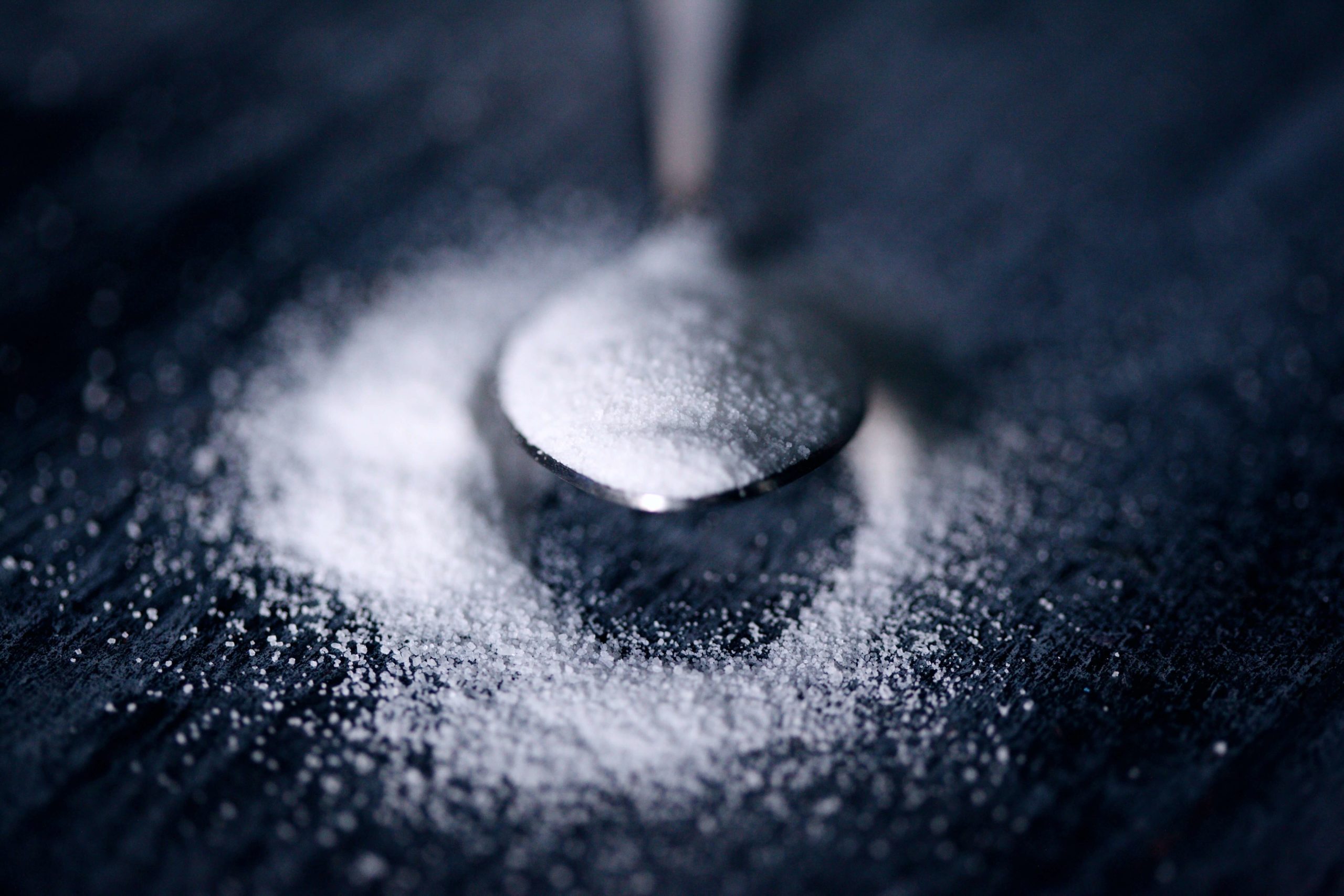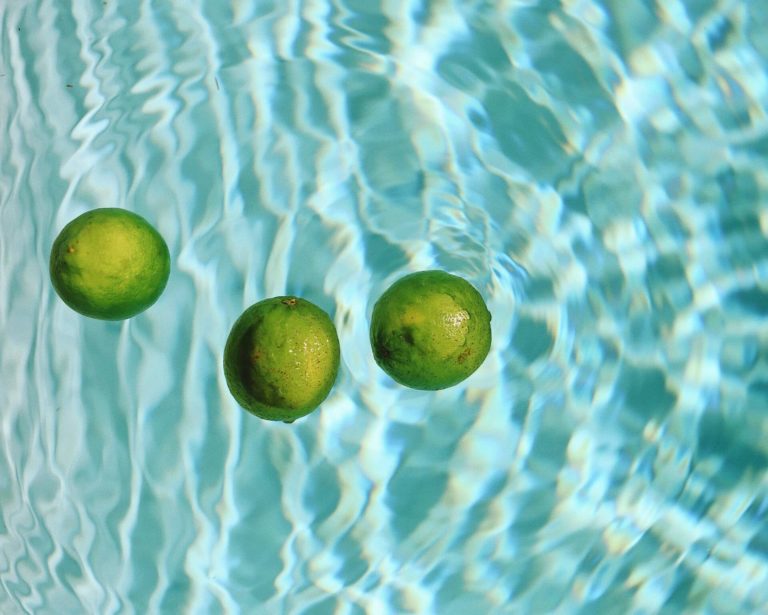The topic of sweeteners generates some heated debates in the world intermittent fasting and dieting in general. A sweetener that has been in the spotlight recently is monk fruit. The question inevitably arises: does monk fruit break a fast?
Most people get no insulin response from monk fruit, so they technically don’t break a fast. But others do. If you’re doing it for longevity/autophagy, monk fruit is safe. For fat loss and insulin resistance, you need to figure out if you get an insulin response from it. There are also concerns that monk fruit, like other artificial sweeteners, can increase cravings during your fast.
So should you consume it while intermittent fasting? Let’s dive deeper into the pros and cons of monk fruit while fasting.
Does monk fruit break a fast?
Monk fruit sweetener is derived from the monk fruit plant. Like stevia, another known sweetener, it has no calories and no carbohydrates. It is 250-400 times sweeter than regular sugar. How can it be so sweet and not impact blood sugar in a major way? Because its sweetness comes from mogrosides, an antioxidant that occurs naturally in monk fruit.
If it doesn’t have carbs and its sweetness comes from antioxidants, why can it break a fast? Research isn’t very definitive on the why, but studies show an insulin response can happen.
The truth is, however, that studies on humans are limited and they’re not enough to show if the response is enough to take someone out of ketosis for instance. In other words, if you’re fasting for weight loss or blood sugar management you have two options. You can either consume it and then test blood sugar to see if there are any changes. Or you can just play it safe and stay away from it while you’re fasting.
For those who are on an intermittent fasting diet for longevity/autophagy, without any interest in weight loss or blood sugar, the answer seems clearer: monk fruit does not impact autophagy, so it is safe to have in moderate quantities. This is precisely due to the high content of antioxidants found in this sweetener.
With regards to gut rest, the results are slightly more conflicting. One study showed that trace amounts of monk fruit components were found in plasma concentration, which shows that some absorption occurred. This study is not a definitive answer though, as it was carried out only on mice. More studies on humans are required to know for sure if monk fruit would break a fast that has gut rest as the main goal.
Effects of monk fruit on fasting
Monk fruit is generally considered a safe sweetener, without side effects, unlike many other artificial sweeteners. It has no calories, has a limited (if at all) impact on blood sugar, and it is natural. That being said, you need to carefully read the label when purchasing monk fruit, because it can contain other sweeteners as well, which may impact your blood sugar and GI tract stronger than monk fruit alone.
When consuming it during a fast, its effects vary. If you’re craving something sweet and choose to use monk fruit, it could help you get through the fast easier. However, a lot depends on why those sugar cravings are arising. Could it be that you’re hungry or that your blood sugar is slowly but surely getting low? If the answer is yes, monk fruit might not help much. It will not help your hunger or your blood sugar levels and whatever positive effect you may think you feel due to the sweet taste will be short-lived.
The even bigger downside is that it may lead to more sugar cravings. It is a classical reaction of the body around most sugars, especially when you’re hungry or hypoglycemic: it requires more and more of the same sugar. The best thing to do in this case is to take a step back and analyze why it is that you are experiencing these cravings and what you can do in the future to prevent this situation.
If you’re having monk fruit simply because you don’t enjoy your coffee black and need a bit of sweetness, monk fruit should be safe.
Do natural sweeteners break a fast?

As with anything, the answer depends on the sweetener, the person, and the quantity.
Stevia, the best-known natural sweetener is also the safest when fasting. Research shows that it does not cause an insulin response and doesn’t break autophagy or gut rest.
Sugar alcohols, like erythritol and xylitol, are a different story. They are considered natural sweeteners, have a chemical composition to alcohol and sugar, but are neither. This means they are metabolized more uniquely, are incompletely metabolized and absorbed, which is why you’ll often see them recommended for people with type 2 diabetes.
Erythritol has 0.24 calories per gram, so it won’t impact your diet significantly. A study on the use of 0.3 g/kg of erythritol showed it has no impact on insulin or blood sugar levels, which shows it is safe to use while fasting.
I wrote a more detailed article about Erythritol here: Does Erythritol Break a Fast?
Xylitol, however, is not as blood sugar friendly because it does induce a mild insulin response in most people. It also stimulates the digestive system, so it will also disrupt gut rest if that’s your intermittent fasting goal.
I wrote a more detailed article about Xylitol here: Will xylitol break a fast?
Neither of the two sugar alcohols impacts autophagy, so if you’re fasting solely for longevity, both are safe.
The bottom line
Does monk fruit break a fast? Surprisingly, although it has no calories and no carbs, it may do so for some people. In other words, if you’re worried, it’s safer to skip it during your fasting window. During your eating window though, monk fruit is safe and it has no proven side effects to date. If you’re only fasting for gut rest or longevity, monk fruit is safe during your fast. However, pay close attention to your sugar cravings: sometimes, it might be better to address them, instead of replacing it with a sweetener.
As for other natural sweeteners, stevia is the safest while intermittent fasting. With sugar alcohol, things depend on the quantity. Some, like xylitol, are safe, while others, like erythritol, might break your fast.
If you want to find out more about Monk Fruit, here is a really interesting video:


2 thoughts on “Does Monk Fruit Break a Fast?”